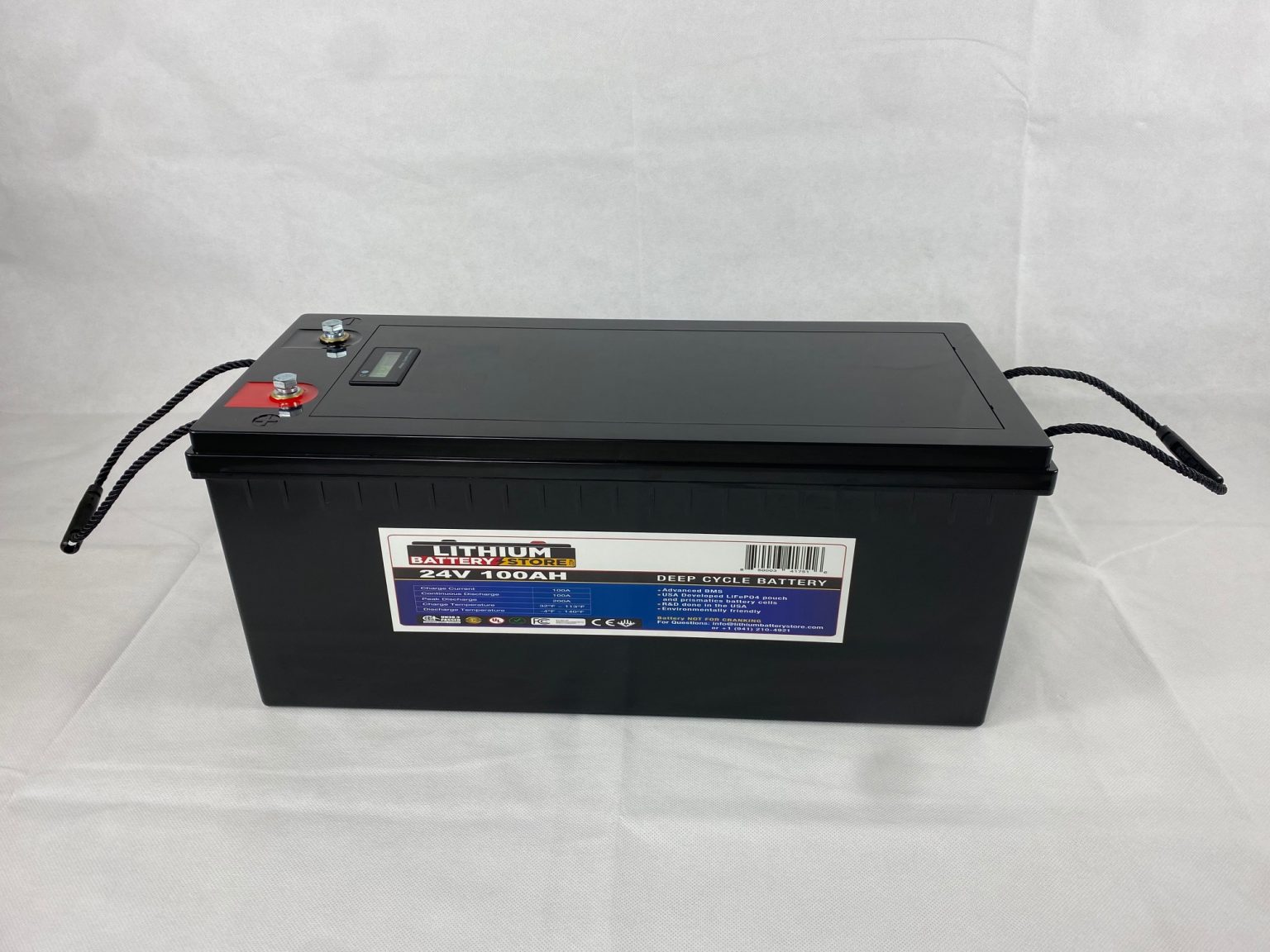100ah deep cycle marine battery – Step into the realm of 100Ah deep cycle marine batteries, where reliable energy meets the demands of marine life. Discover the significance of their ample capacity, the intricacies of their deep cycle design, and their indispensable role in powering various marine applications.
Prepare to navigate the waters of battery maintenance, safety, monitoring, charging, storage, and disposal with expert guidance, ensuring a smooth and worry-free boating experience.
With a deep dive into the world of 100Ah deep cycle marine batteries, we’ll uncover the secrets to maximizing their performance and extending their lifespan, empowering you to venture further and explore deeper.
Marine Applications

100Ah deep cycle batteries are a common choice for various marine applications, offering reliable power and extended runtime to support electrical systems on boats and watercraft.
Explore the different advantages of black friday gravel bike deals that can change the way you view this issue.
These batteries are designed to withstand the demanding conditions of marine environments, ensuring longevity and durability in the face of moisture, vibration, and temperature fluctuations.
Boat Sizes and Types
100Ah deep cycle batteries are suitable for a range of boat sizes and types, including:
- Small to medium-sized fishing boats
- Sailboats up to 25 feet
- Motorboats and runabouts up to 18 feet
- Electric trolling motors on larger boats
Electrical Systems
In marine applications, 100Ah deep cycle batteries provide power to essential electrical systems, such as:
- Lighting and navigation systems
- Bilge pumps and other safety equipment
- Fish finders and depth sounders
- Electric motors and thrusters
Specific Requirements, 100ah deep cycle marine battery
Marine environments pose unique challenges for batteries, including:
- Exposure to moisture and salt spray
- Constant vibrations and movement
- Extreme temperature fluctuations
100Ah deep cycle batteries are specifically designed to withstand these conditions, ensuring reliable performance and longevity in marine applications.
Battery Maintenance

Proper maintenance is crucial to maximize the lifespan and performance of your 100Ah deep cycle marine battery. Here are essential maintenance practices to follow:
Charging
- Use a compatible charger specifically designed for deep cycle marine batteries.
- Charge the battery fully before using it for the first time and after each discharge.
- Follow the manufacturer’s instructions for charging time and voltage.
Discharging
- Avoid deep discharging the battery below 50% of its capacity.
- Use a battery monitor to track the battery’s state of charge.
- Recharge the battery as soon as possible after discharge.
Storage
- Store the battery in a cool, dry place away from direct sunlight.
- Charge the battery every 3-6 months during storage.
- Disconnect the battery from any loads when storing it.
Regular maintenance, including proper charging, discharging, and storage, is essential to extend the battery’s life and ensure optimal performance.
Battery Disposal
Properly disposing of 100Ah deep cycle marine batteries is crucial for environmental protection and responsible battery management. Improper disposal poses significant environmental hazards and can harm ecosystems.
These batteries contain hazardous materials such as lead, sulfuric acid, and plastics, which can leach into the environment if not disposed of properly. Lead is a toxic heavy metal that can contaminate soil and water sources, while sulfuric acid is corrosive and can cause burns and other health issues.
Recycling Programs
Many battery manufacturers and recycling centers offer programs for recycling 100Ah deep cycle marine batteries. These programs collect and process the batteries to extract valuable materials, such as lead and plastic, for reuse. Recycling helps reduce the environmental impact of battery disposal and conserves natural resources.
Check what professionals state about scooter rentals newport and its benefits for the industry.
Environmental Hazards
- Soil and Water Contamination:Improperly disposed batteries can leak hazardous materials into the soil and water, contaminating ecosystems and posing risks to human health.
- Air Pollution:Burning or incinerating batteries releases toxic fumes into the air, contributing to air pollution and respiratory issues.
- Wildlife Impacts:Animals that ingest or come into contact with hazardous materials from improperly disposed batteries can suffer adverse health effects.
Final Thoughts

In the realm of marine batteries, the 100Ah deep cycle battery stands as a beacon of reliable power, enabling seamless operation of essential systems and enhancing the overall boating experience. Its robust construction, efficient energy storage, and tailored design make it an indispensable companion for adventurers seeking uninterrupted power on the water.
By adhering to proper maintenance and safety protocols, you can harness the full potential of your 100Ah deep cycle marine battery, ensuring years of dependable performance and unforgettable moments on the open waters.
Expert Answers: 100ah Deep Cycle Marine Battery
What are the advantages of deep cycle batteries over starting batteries for marine applications?
Deep cycle batteries are designed to withstand repeated deep discharges and recharges, making them ideal for powering essential systems on boats, such as navigation electronics, lighting, and bilge pumps.
How do I properly maintain my 100Ah deep cycle marine battery?
Regularly check the battery’s voltage, charge level, and electrolyte levels. Clean the terminals and connections to prevent corrosion. Avoid deep discharging the battery below 50% capacity.
What safety precautions should I take when handling 100Ah deep cycle marine batteries?
Wear protective gear, including gloves and safety glasses. Handle batteries with care to avoid dropping or damaging them. Ensure proper ventilation when charging or using batteries.
